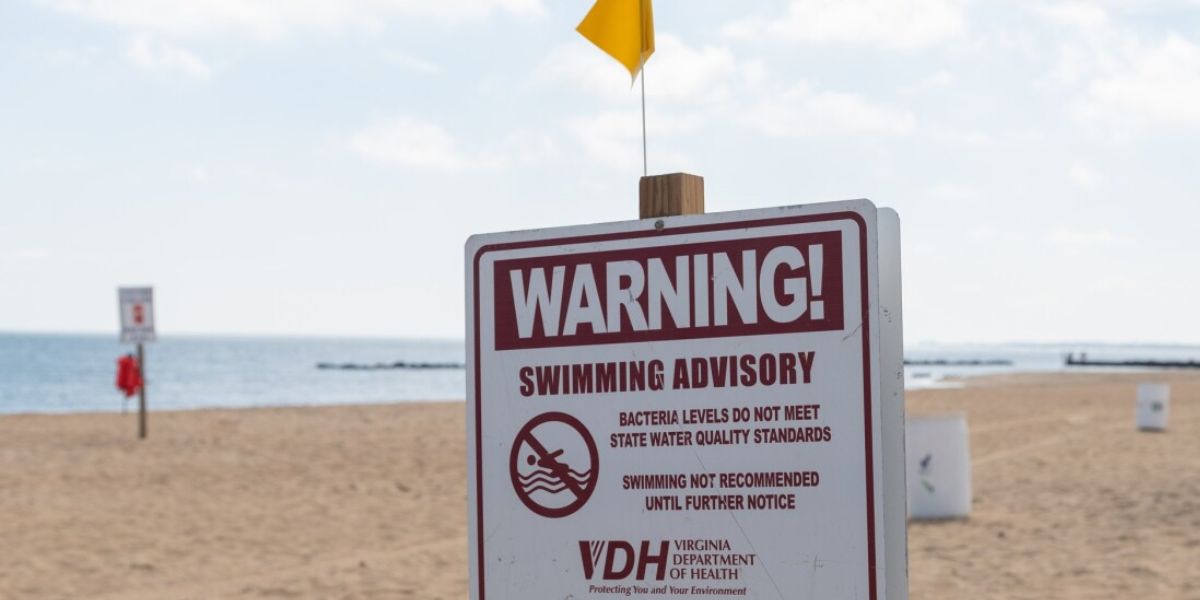Pennsylvania — Pennsylvania is taking a firm stand against distracted driving with a newly passed law that bans all hand-held cellphone use while driving, including when vehicles are stopped at red lights.
The move makes Pennsylvania the 31st U.S. state to adopt strict “no-touch” phone laws aimed at improving road safety.
Known as Paul Miller’s Law, the legislation will go into effect with a one-year warning period, during which police will issue citations without fines.
However, beginning June 6, 2026, drivers caught using a hand-held device while driving could face a minimum fine of $50.
Distracted Driving: A Growing Threat
Smartphones have become a major part of daily life — from checking maps to answering messages — but using them while driving has turned deadly.
The National Highway Traffic Safety Administration (NHTSA) reports that over 3,000 people died due to distracted driving in 2023.
Looking at your phone for just five seconds at 55 mph is like driving a football field with your eyes closed, according to the NHTSA. Even brief glances while waiting at a red light can have serious consequences once traffic resumes.
Here’s How to Stay Legal:
To comply with the new law, Pennsylvania drivers are advised to use:
- A dash-mounted phone holder for navigation
- Their vehicle’s built-in smart display or voice assistant
- Hands-free calling and texting features
- A passenger to assist with navigation
Importantly, the law does not penalize drivers using phones to contact emergency services, such as police, fire, or ambulance.
Read Also: Connecticut Adjusts Car Tax Formula, Impacting Residents’ Bills
No Excuses at Red Lights
Even if you’re stopped in traffic or at a red light, the law still applies. Authorities say red lights are not a break from responsible driving. Distraction at any moment can delay reaction times and increase the risk of collisions.
What’s Your Take?
Do you think Paul Miller’s Law will reduce accidents? Or do you believe it’s too strict? Join the conversation now at ridgecrestpact.org — and tell us how you plan to adapt to the new rules.









